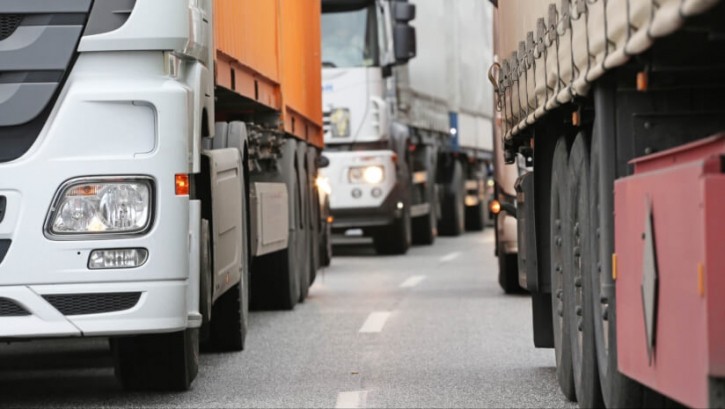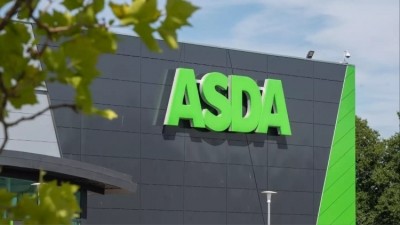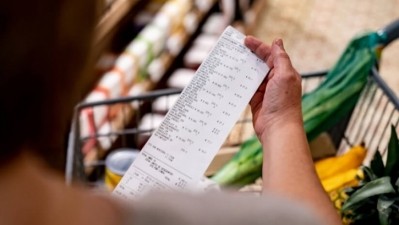News
71% of UK FMCG businesses deprioritise CO2 reduction in fleets

Two-thirds of UK organisations have revealed they’re under pressure to hit net zero targets, with more than half saying they will struggle to hit their targets.
Logistics are regarded as a key part of achieving these goals by 83% of UK businesses, but cost impacts and the speed of viable alternative fuel technologies are causing concern.
Of those asked, just 25% believe alternative fuel vehicles will be affordable in 4-6 years.
While 37% of respondents report a cost reduction in tackling their CO2 emissions, 80% believe that taking these emissions on will actually increase their overheads. Among respondents in the FMCG sector this figure remains high, at 77%.
As a result, 71% of FMCG businesses are deprioritising meeting their fleet emission targets – higher than the average UK business, at 66%.
Despite this, 59% of all businesses asked want to reduce their environmental impact of their logistics fleet but simply don’t know how, and 42% admit they don’t know how to further optimise their fleet. And while sustainability remains a high priority for 71% of UK FMCG organisations, specifically, this is lower than the average UK business.
The majority (84%) of businesses say they expect government to play more of a role to support CO2 reduction.
“Sustainability remains a high priority for UK businesses. But it’s clear they aren’t making enough headway when it comes to reducing emissions in their supply chain operations,” said Paul Durkin, chief customer and innovation officer at Wincanton.
“We can see that a gap is emerging between their priorities and the action needed to reach net-zero.”
The survey also revealed that many respondents (65%) believe collaboration to be key in the future success of the logistics sector. However, this needs to be made more accessible, with 28% admitting that the difficulty of finding a partner makes them nervous, and 26% citing a lack of internal resources to manage that process as an issue.
Helen Flanagan, EyeQ product director at Wincanton, said that “more efficient use of existing capacity is key” going forward.
She added: “Last year the Government reported that almost a third of the total vehicle kilometres travelled by HGVs in the UK were empty.1 Put simply, too much fresh air is being moved around the UK, contributing to high emissions and high costs for businesses.”
In other news, the latest food and drink inflation figures show an incremental fall during August 2024. Find out more here.
















